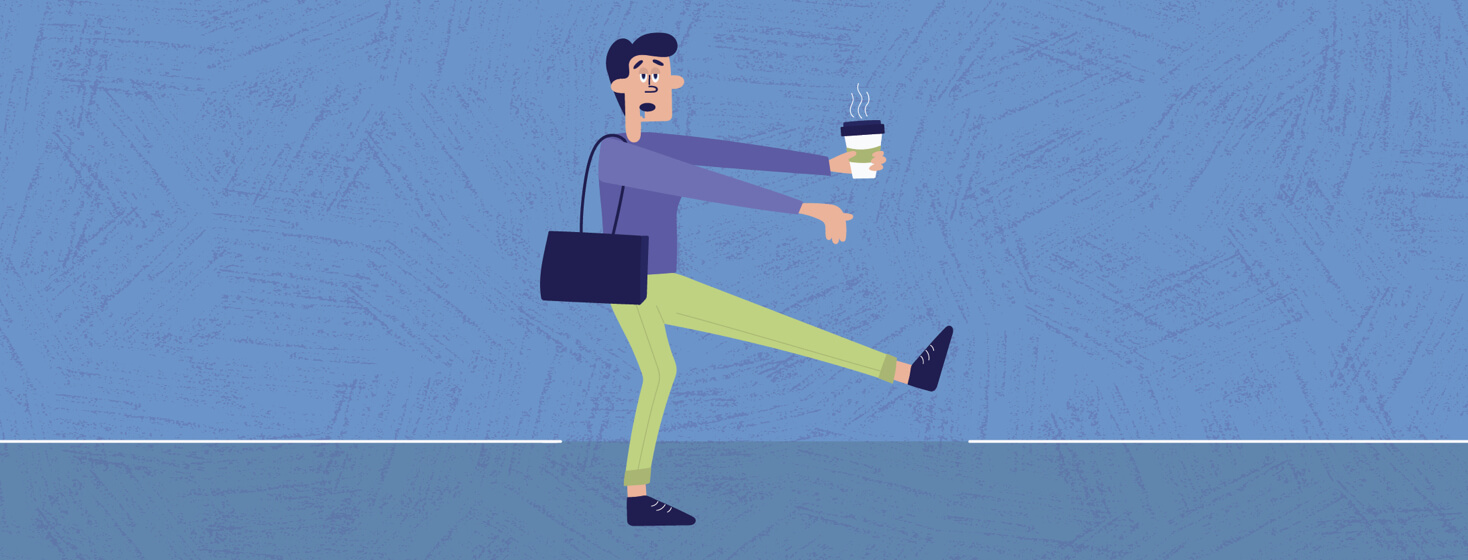'You Can Sleep When You're Dead' – Glorifying Sleepless Culture
I remember when I was younger, sometimes I’d say things like “Wow, I’m really tired” – to friends or teachers or my parents. If we’re being honest, I probably could’ve said this or something like this several times a day, every day of my life, as I was living with an unmanaged sleep disorder, but that’s neither here nor there.
Starting in high school, my friends would respond with things like “Oh, I know, right?” or “Me too” or even “That stinks, I’m sorry.”
While I never felt like my regularly tired friends could understand my life with insomnia, I was typically at least thankful that they were listening to me. We’d go to get soda or energy drinks or a snack and I’d count down the hours until I could go home and try to sleep again.
'You can sleep when you're dead.'
Later, as I transitioned to college and then to the working world, I began to hear responses like “Well, sleep is overrated” or “You can sleep when you’re dead” – mostly attempts to normalize my experiences and feelings, these phrases were never meant to be hurtful or really anything more than vague support, but I have thought about them a lot over the years.
These comments really made my wheels turn.
What was it about sleep that read as unnecessary?
Other friends and colleagues would boast about how they were running on fumes, only having slept 2 or 3 hours the night before, and I thought about how those comments (and that mentality) made me feel as someone living with insomnia.
Sleep takes a back seat
I knew people who would try to fit so much in their days that sleep just took a backseat priority-wise. It wasn't important to schedule it in, so it often just...got left out.
Time flies and takes sleep with it
I'd hear about dinner that turned into drinks which turned into going to a club which turned into an afterparty and suddenly it was 4 AM. Or that show on Netflix played episode after episode after episode and then they noticed the sun was coming up.
When did sleep become optional?
Still having to be presentable and at the office in the morning, sleep became an option, not a requirement, for many of the people I socialized with, and I continued to live in confusion about people who would choose to neglect sleep or sacrifice sleep willingly.
As someone who has admittedly struggled to get enough sleep, or good sleep, for as long as I can remember, I just cannot understand the glorification of sleepless nights, or continual, on-the-go awake culture.
When did forgoing sleep become a badge of honor?
And even more so, when did forgoing sleep become a badge of honor?
Pre-pandemic, I'd talk to friends who would lightheartedly complain about their lack of sleep while boasting about their accomplishments or memories during those hours regularly designated to sleep. Sometimes, without trying to poke the bear, I'd ask "Can you skip tonight's plans and crash early?"
I'd always hear the same response "Totally," with a halfhearted laugh, both of us knowing full well that sleep wasn't going to become any higher of a priority than it had been the day before.
New meaning as a new mom
I’ve never felt more resentful of these comments than after becoming a new mom. In the months after having my daughter, I struggled to adjust to the new schedule – feeding her every 3 hours around the clock, being responsible for breastfeeding, needing to be awake when she was awake, taking shifts with my husband, etc., and as you can imagine, it significantly impacted my insomnia.
It took nearly a year for my daughter and me to settle into a sleep schedule and routine that gave us both what we needed. That schedule – was something we desperately sought after as a family. And something other mom friends mocked me about. I kept hearing those familiar comments like, "You'll sleep again when your baby becomes a teenager," or "Sleep is overrated. Our moms didn't need much of it," or even "Sleep isn't important, you're a great mother even when you're tired."
It was clear that none of these people had previously struggled with sleep, and none of them lived with a sleep disorder that was always front and center in their minds.
I'd love to know – have you ever thought twice about the comments society makes about sleep? How do they make you feel?

Join the conversation